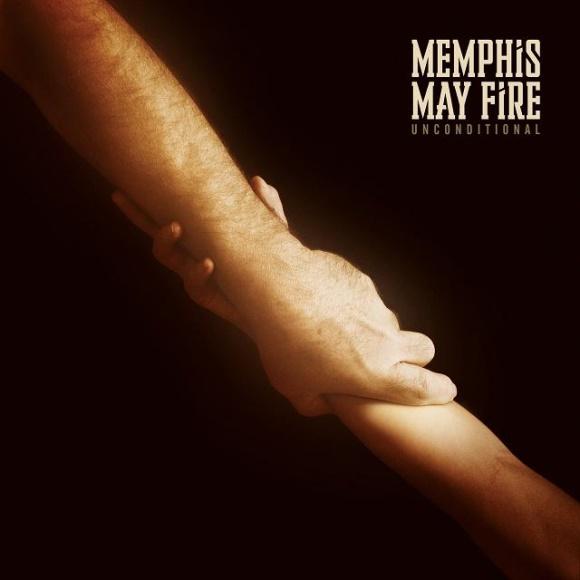Release Date: December 25, 2012
MPAA Rating: PG-13
Director: Tom Hooper
Stars: Hugh Jackman, Anne Hathaway, Russell Crowe, Amanda Seyfried, Eddie Redmayne.
Our Rating: A+
Of the many widely famous classical works out there, there has always been a certain appeal to Victor Hugo’s Les Miserables. Originally a massive novel of five volumes in length, it has been adapted into one of the most famous and well-loved musicals of all time and also lays claim to over 50 different film adaptations. With that said, why should anyone be surprised that on Christmas Day, director Tom Hooper and actors Hugh Jackman, Anne Hathaway, and Russell Crowe helped usher in the latest cinematographic installment in a legacy that will last for a millennia.
Les Miserables is the story of a fugitive by the name of Jean Valjean (Hugh Jackman) who decides to violate his parole and disappear in order to turn his life around. At the same time there is Fantine (Anne Hathaway), a young woman that must slave away in order to pay the ransom for her daughter Cosette (young Cosette played by Isabelle Allen, older Cosette played by Amanda Seyfried) who is being held by the Thenardier family, Mr. Thenardier (Sacha Baron Cohen), Mme. Thenardier (Helena Bonham Carter), and their oblivious daughter Eponine (Young Eponine played by Natalya Angel Wallace, older Eponine played by Samantha Barks). Through unforeseen circumstances, Cosette winds up in the care of Jean Valjean, who must go underground frequently or risk being caught by Inspector Javert (Russell Crowe), a police official who only sees the law in black and white and is convinced that Valjean is still nothing but a criminal and must be punished no matter how much good he’s done. Years pass and Cosette eventually falls in love with a young man by the name of Marius (Eddie Redmayne) who plans to start a revolution and overthrow the new monarchy along with his friends and their supporters. This culminates in the Paris uprising of June in 1832, which was essentially the defense of a barricade erected after the death of the only noble left who was sympathetic to the working class.
To say it outright, I am slightly biased on this film because of the author of the original work. Yet, that does not take away from the fact that, speaking objectively, this film was one-of-a-kind. One thing that I noticed right towards the beginning of the film is that there exists very little actual dialogue. What I admire most about the film is that it is a direct screen adaptation of the musical, foregoing the use of dialogue in favor of the original songs. In other words, the characters sing instead of speak.
One comment that I absolutely have to add before giving my final yea or nay is an issue I find in most films. Oftentimes, when the characters of a story are originally supposed to speak a different language, the filmmakers simply brush off that fact and have the actors deliver their lines in flawless, British-accented English. It is seen in this film and in multiple others, such as 300, Gladiator, and The Brotherhood of the Wolf. It seems to me that in this film the actors were singing with British accents versus a more traditional French inflection, which slightly bothered me seeing as it was a story written in French that was set in France and was written by a French author.
To finish off my review of Les Miserables, I will say this: If this film does not win any kind of Academy Award, I will go postal. ‘Nuff said. But honestly, this movie was all kinds of spectacular, and anyone who wants to see it is recommended to do so immediately.







